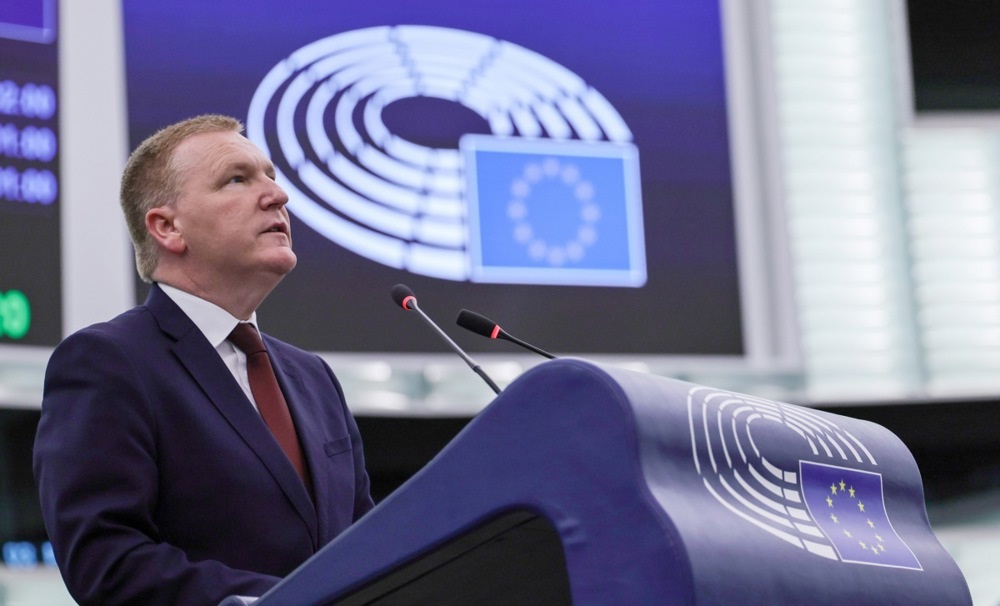
Press Freedom in the U.S. Faces Decline, Warns CPJ Report
April 28, 2025
Hong Kong Journalists Report Steep Decline in Press Freedom, Survey Finds
April 28, 2025April 28, 2025 – General –
Meta is under intense scrutiny following revelations that Facebook has allowed scam advertisements using the identities of prominent journalists to spread unchecked. These fraudulent ads, often promoting cryptocurrency or get-rich-quick schemes, feature fake endorsements and AI-generated likenesses of journalists to lend them false credibility, misleading users and endangering the reputations of media professionals.
A joint investigation by Press Gazette and other media outlets has documented multiple cases where the names and faces of well-known journalists were used without consent. Victims include broadcasters, investigative reporters, and even BBC and Sky News figures, whose images were manipulated to appear as if they were endorsing or profiting from deceptive investments.
These scams, often fronted by “deepfake” videos and fabricated headlines, exploit the public trust placed in journalists. Meta, Facebook’s parent company, has been repeatedly notified of the issue, yet critics argue that its response has been inconsistent and insufficient. In some cases, scam ads were removed after complaints, but others quickly reappeared in different forms or under different accounts.
Press advocacy groups and digital rights organizations have condemned Facebook’s failure to implement robust safeguards. They argue that the platform’s ad review processes are too reliant on automation and lack the human oversight needed to catch manipulative and identity-stealing content in time. Some have called for urgent reforms to advertising policies and accountability mechanisms, especially concerning impersonation and misinformation.
The issue has also reignited the broader debate about social media platforms’ responsibilities as publishers. While Meta has long claimed that it is not liable for third-party content, experts argue that knowingly allowing fraudulent material to flourish, especially after repeated warnings, raises serious ethical and potentially legal concerns.
As AI tools become more sophisticated, the use of fake journalist identities in scam ads signals a troubling frontier in digital misinformation. Without stronger platform accountability, both public trust and the safety of media professionals remain at risk.
Reference –




